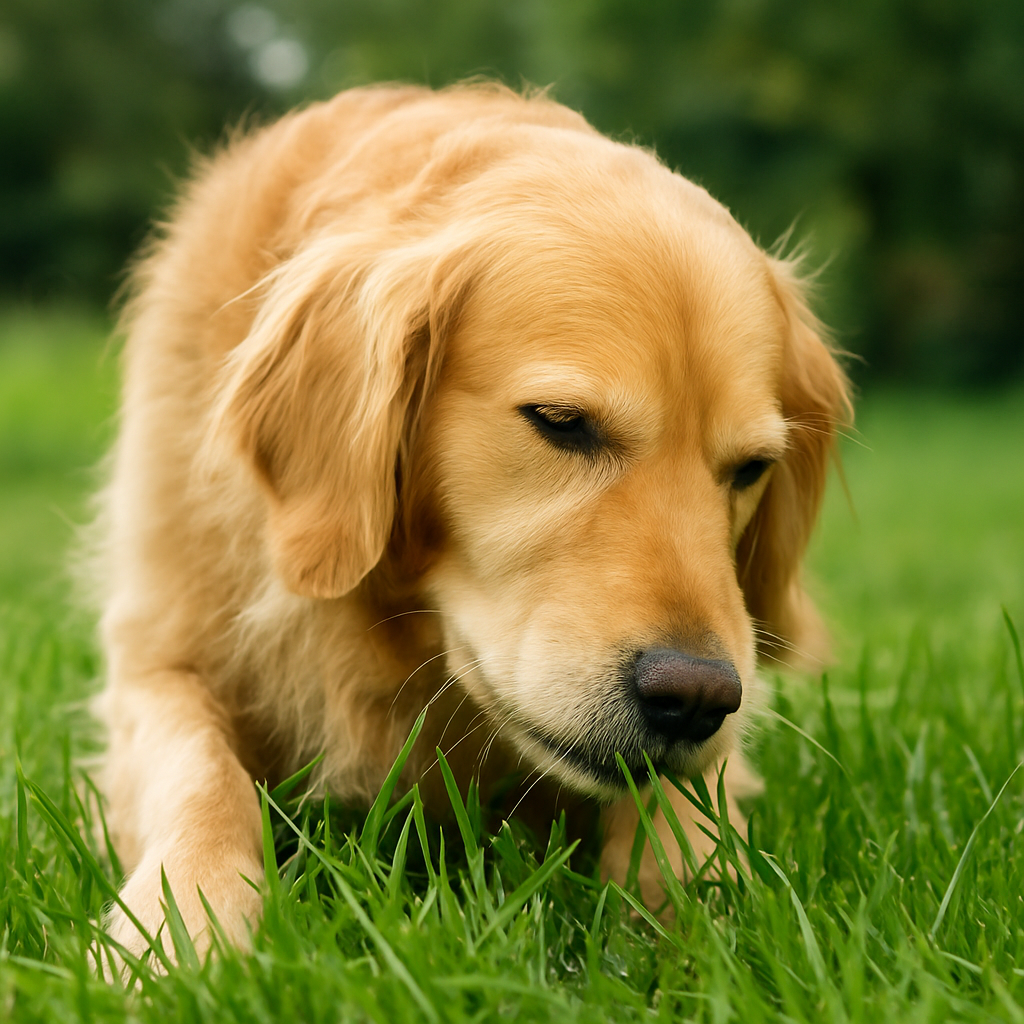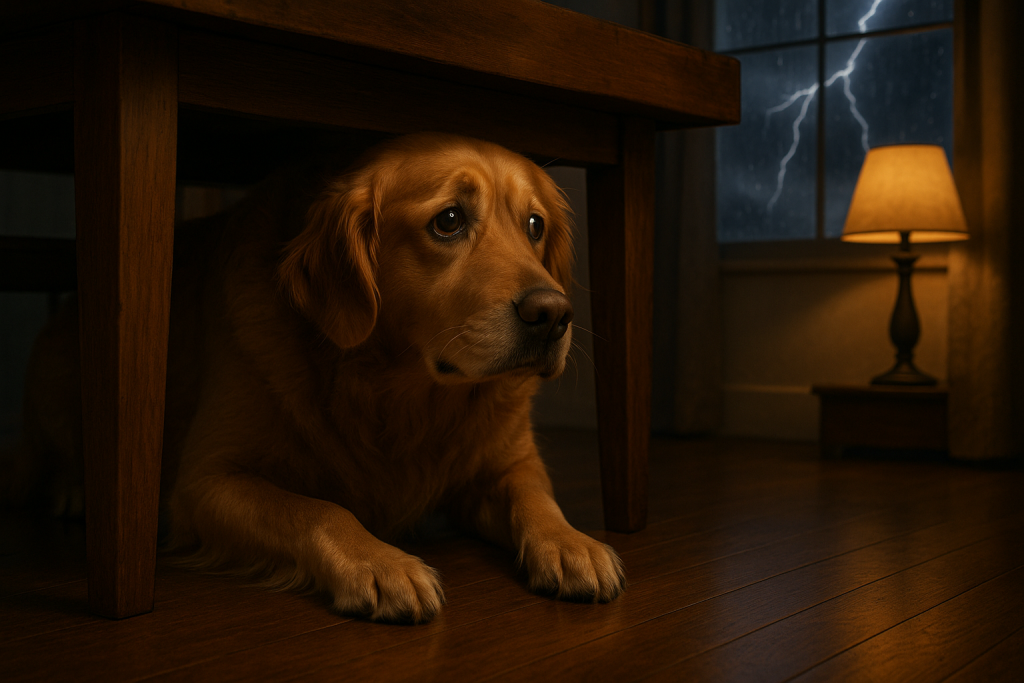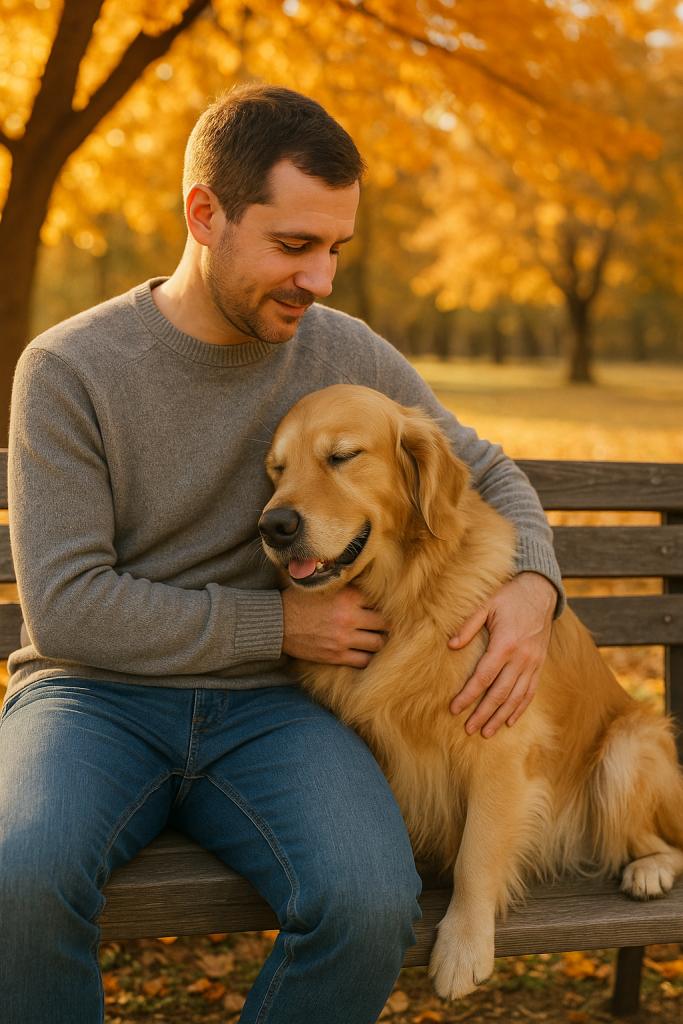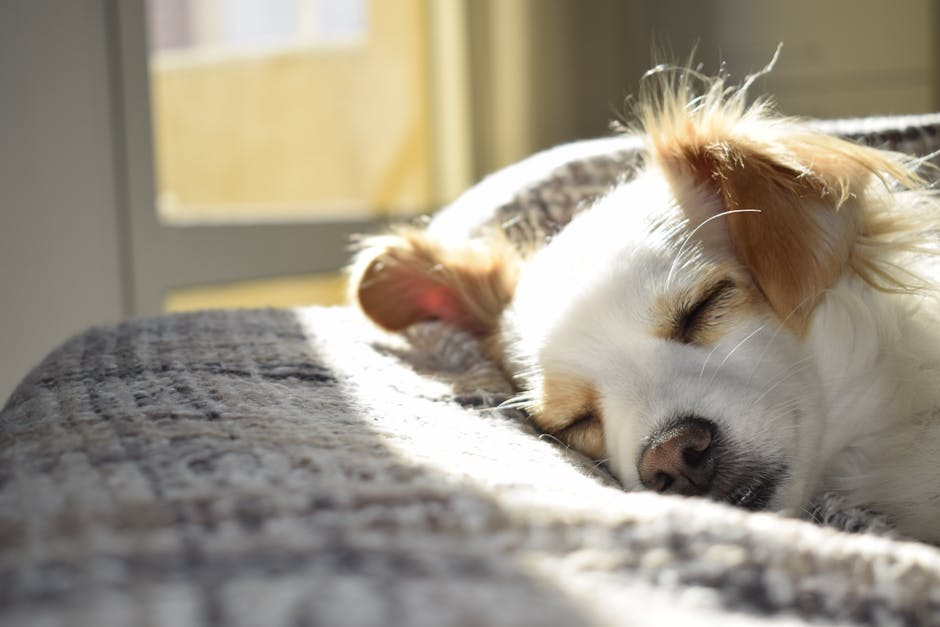Introduction
If you’ve ever caught your dog munching on a patch of lawn like it’s a fresh salad bar, you’re not alone. One moment they’re sniffing around, the next — they’re chomping on grass with surprising enthusiasm. So what gives?
Is your dog missing nutrients? Are they trying to make themselves vomit? Or is it just… a weird dog thing?
As a pet parent, it’s natural to be concerned. But here’s the good news: grass eating is usually normal — and in most cases, not harmful. Still, understanding why your dog is doing it can help you care for them better, rule out underlying issues, and know when it’s time to call the vet.
In this article, we’ll explore 7 possible reasons why dogs eat grass, backed by veterinary insights, behavioral studies, and real-life experience. We’ll also share tips on how to manage this behavior safely.
1. It’s a Natural Instinct
Dogs are omnivores. That means their bodies are built to digest both meat and plants — just like their wild ancestors.
Wolves, coyotes, and foxes have all been observed eating grass and other plant matter in the wild. It’s believed that eating roughage helped clean out their systems, especially when digesting whole prey (like fur and bones).
So when your dog eats grass, it might just be their ancestral instincts kicking in.
✔️ When it’s normal: Occasional grass chewing during walks or play
❌ When it’s not: Daily obsession or aggressive gulping of grass
2. They’re Trying to Soothe Their Stomach
One of the most common theories is that dogs eat grass to induce vomiting when they feel nauseous. And yes, sometimes this happens — a dog eats grass quickly, vomits a foamy mess, and goes back to normal.
But research shows this isn’t always the case. A 2008 UC Davis study found that less than 25% of dogs vomited after eating grass, and most didn’t seem sick beforehand.
That said, if your dog eats grass and vomits frequently, it could signal an issue:
- Acid reflux
- Mild gastritis
- Parasites or infections
- Food sensitivity
📌 Tip: Keep a journal of when it happens. Look for patterns tied to meals, stress, or environment.
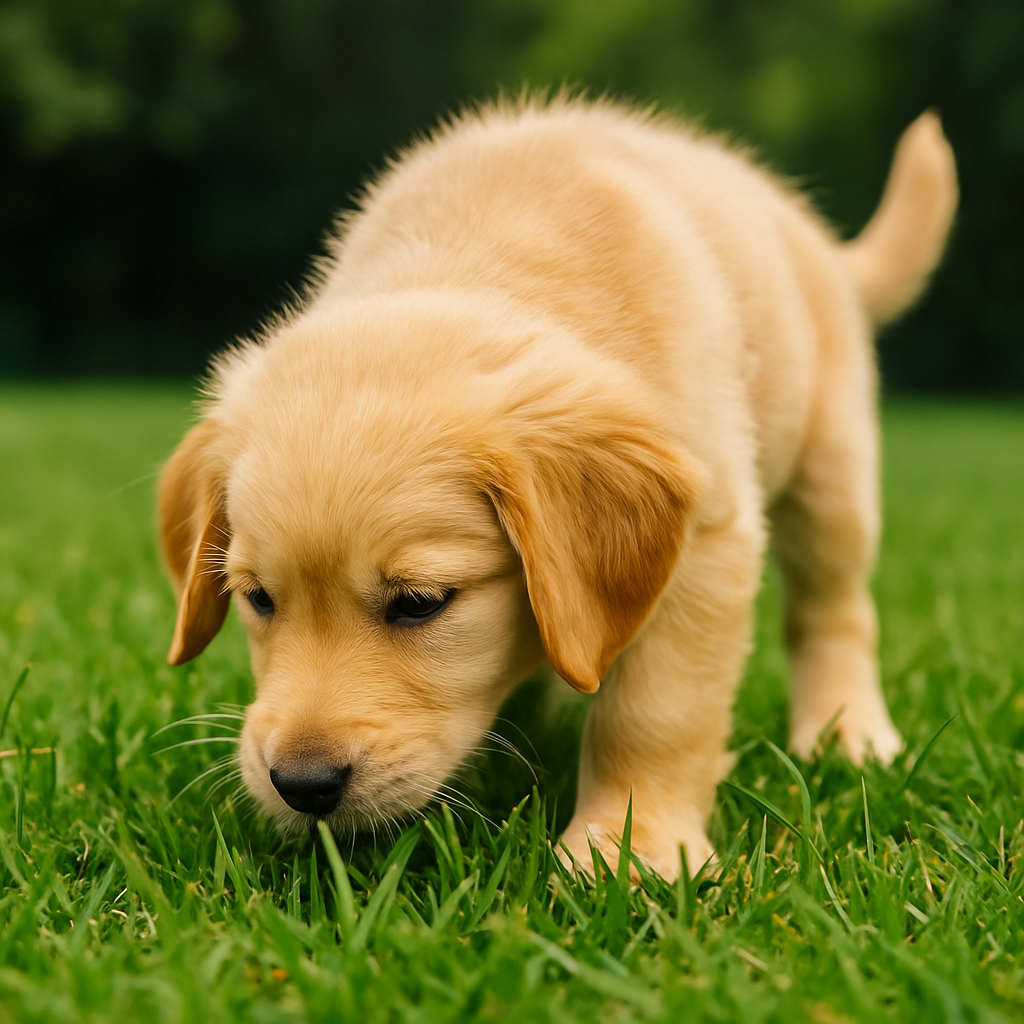
3. They’re Bored or Seeking Attention
Grass chewing can also be a sign of boredom or stress relief — especially in dogs that don’t get enough physical or mental stimulation.
Does this sound familiar?
- Your dog chews grass mostly during slow walks
- It happens when you’re not paying attention
- They look at you after doing it
Dogs are smart. If chewing grass gets you to react (even with a “No!”), they might repeat it just to get your attention.
🧠 Try this: Add 10 minutes of fetch, new toys, or puzzle feeders to their day. A stimulated dog = fewer odd behaviors.
4. They Might Be Missing Fiber
Grass is a natural source of insoluble fiber. Dogs that aren’t getting enough in their diet may instinctively seek it out — especially if they’re constipated or have irregular stools.
Signs your dog might need more fiber:
- Straining to poop
- Small, dry, or infrequent stools
- Scooting or licking their rear often
✔️ Add natural fiber through:
- Canned pumpkin (plain)
- Green beans
- Oats or bran
- Vet-recommended fiber supplements
Switching to a high-fiber dog food can also make a difference.
5. They Like the Taste and Texture
Let’s not overthink it — some dogs just genuinely enjoy grass. Especially when it’s fresh, dewy, and soft.
To them, it might be like chewing gum or sipping herbal tea. The texture can be soothing, especially if they’re teething, anxious, or just curious.
You may notice:
- Your dog picks specific patches of grass
- They chew slowly (not gulping)
- No signs of illness follow
In this case, it’s usually harmless. Still, make sure the grass hasn’t been treated with pesticides or chemicals.
6. It Could Be Pica (Eating Non-Food Items)
Pica is a condition where dogs eat things that aren’t typically considered food — like dirt, rocks, socks, or yes, grass.
Pica can be:
- Behavioral (boredom, anxiety, compulsions)
- Medical (nutrient deficiencies, thyroid issues, diabetes)
If your dog eats grass obsessively, alongside other non-food items, it’s worth a trip to the vet to rule out:
- Anemia or low iron
- Thyroid imbalance
- Diabetes or GI inflammation
🧪 Blood tests can quickly identify underlying problems.
7. They’re Copying Other Dogs (Or You)
Dogs are social creatures. Sometimes they mimic behavior they see in other dogs, or they repeat something you unknowingly rewarded.
For example:
- You laugh or smile when they nibble grass? That’s reinforcement.
- Your other dog chews grass? Monkey see, monkey do.
This is most common in puppies or recently adopted dogs still learning the “house rules.”
🎯 Solution: Redirect with a toy or treat before they start chewing — then reward the better behavior.
When Should You Worry?
Most grass-eating is normal and harmless, but it’s time to talk to your vet if:
- Your dog vomits often after eating grass
- They eat grass daily in large amounts
- You notice changes in appetite, stool, or energy
- They eat other non-food items
- You suspect pesticide exposure
🚨 Emergency warning signs:
- Bloody vomit or diarrhea
- Lethargy after grass eating
- Sudden drooling or collapse
- Pale gums
These could indicate poisoning or obstruction and need immediate vet care.
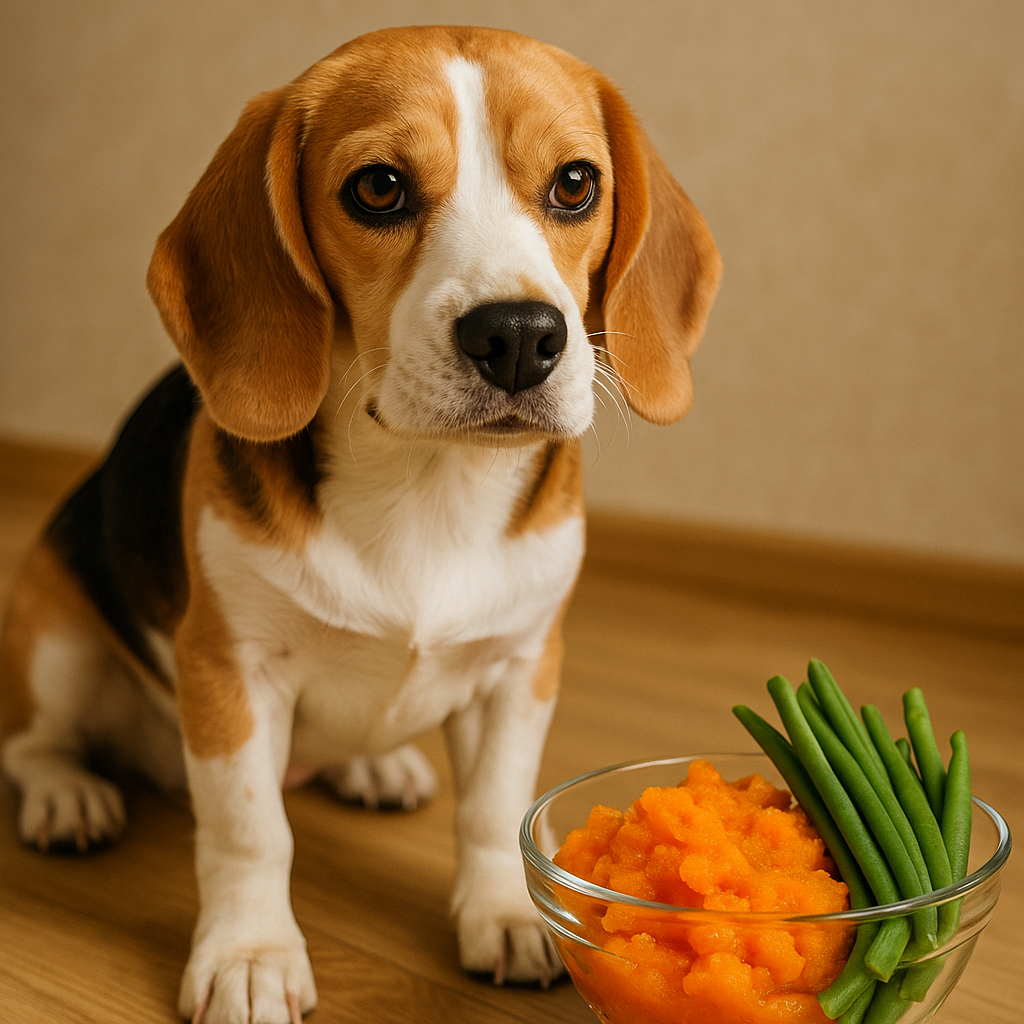
How to Keep Grass Eating Safe
Even if it’s not dangerous, you’ll want to protect your dog from potential risks:
✅ DO:
- Wash their paws after walks on treated lawns
- Offer safe chew alternatives (bully sticks, carrots, dental chews)
- Keep up with regular deworming and checkups
- Feed a balanced, fiber-rich diet
❌ DON’T:
- Let them graze unsupervised in unknown areas
- Spray your lawn with chemicals if they play there
- Punish them harshly (it increases anxiety and makes it worse)
Remember — curiosity is part of being a dog. The goal isn’t to stop all grass nibbling, but to keep it in check and safe.
Final Thoughts
So, why does your dog eat grass?
It could be instinct. Or a tummy ache. Or boredom. Or maybe they just like it.
In most cases, there’s no need to panic. But when in doubt, observe, document, and ask your vet.
By understanding the why, you become a more connected and responsive pet parent — and that makes all the difference in your dog’s health and happiness.

